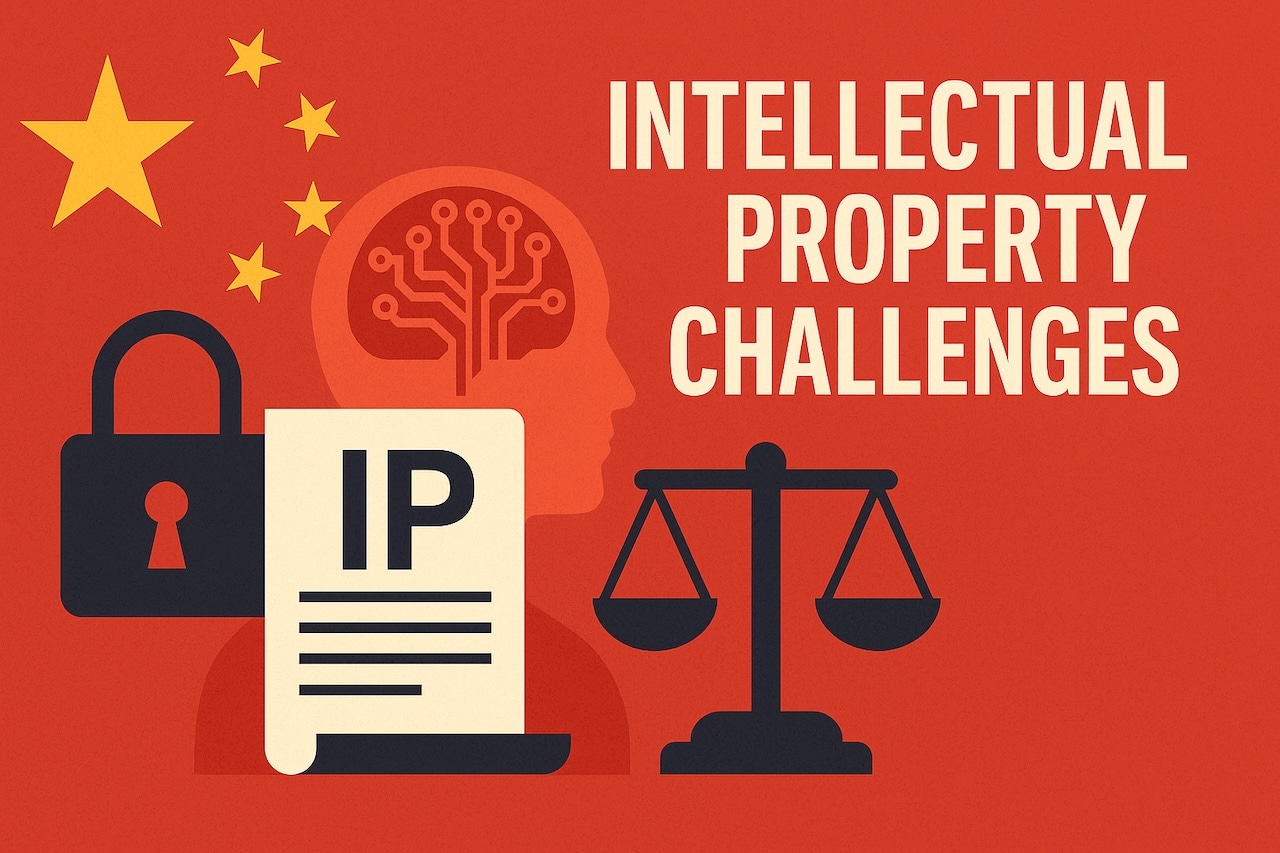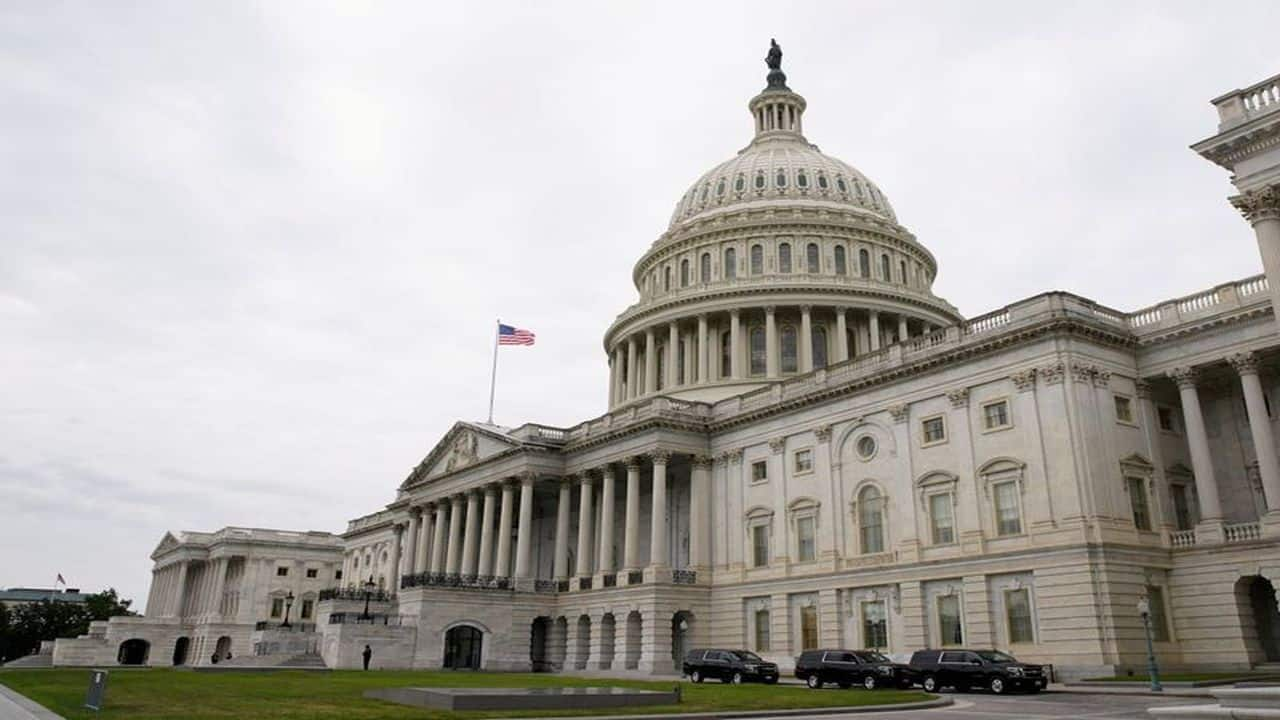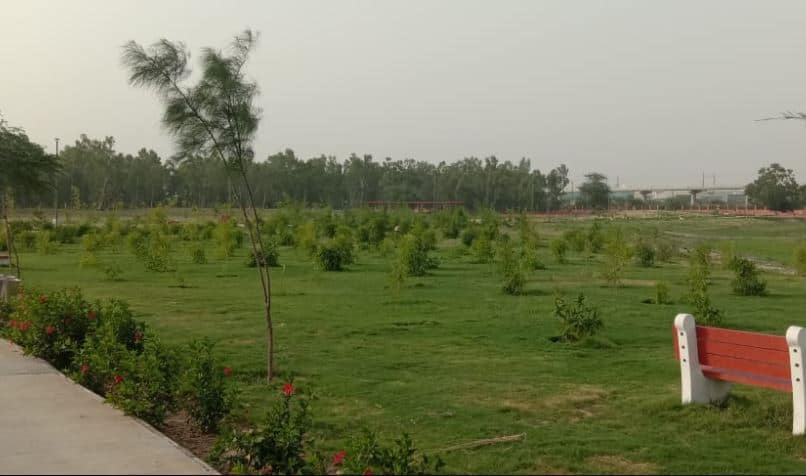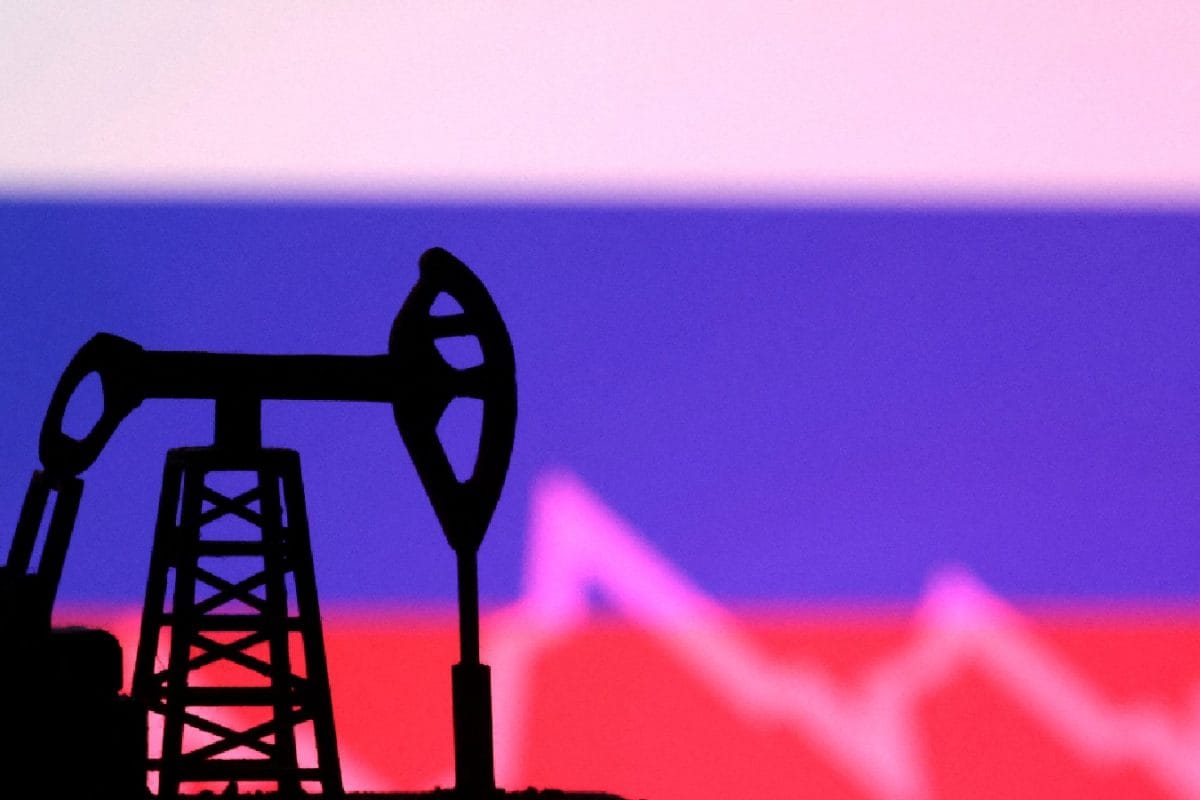Daren Tang, Director General of the World Intellectual Property Organization (WIPO), has called for stronger support and incentives for innovators, arguing that a well-functioning intellectual property (IP) system is key to encouraging future innovation. WIPO is one of the 15 specialised agencies of the United Nations. In an exclusive interview with CNBC-TV18 , he said that each country must determine its own fair approach to sharing the benefits of innovation, while keeping human creators at the centre of the IP ecosystem.
Tang’s remarks came just hours after the United States once again placed India on its Priority Watch List over alleged IP violations. The US report cited concerns about the risk of patent revocations and discretionary interpretation of patentability under the Indian Patents Act. It also pointed to long delays in granting patents and burdensome reporting requirements as issues affecting multiple sectors.

Tang is currently in India to mark the 50th anniversary of India-WIPO relations. Speaking on the growing influence of artificial intelligence (AI), he said AI should be used as a tool to empower and enhance human creativity—not replace it. He encouraged WIPO member states to embrace AI’s benefits while managing potential risks.
Also read: US tariffs could shave up to 0.5% off India's GDP, says finance secretary He linked digital innovation to AI, the Internet of Things (IoT), and cybersecurity, noting that quantum computing is reshaping traditional industrial processes. Countries that successfully combine digital and industrial innovation, he said, will lead the next wave of global progress.
He also noted that more nations in Asia, Africa, and Latin America are now actively participating in the global innovation landscape. Referring to India’s jump from 81st to 29th in the Global Innovation Index, Tang said Indian innovators are increasingly using IP to scale their businesses, attract investment, and bring new ideas to market. He also cited India’s strong performance—sixth in patents, fourth in trademarks, and 10th in industrial designs—crediting the country’s IT and software sectors with driving much of this progress.
Tang added that Indian inventors surpassed the 50 per cent mark in domestic patent filings two years ago, and described India as a long-time producer—not just a consumer—of innovation. He acknowledged the historical impact of Indian ideas, inventions, and philosophy, and said the government’s Make in India initiative is helping to revive the country’s innovation ecosystem. Encouraging grassroots creativity, he urged Indian innovators to have confidence that their ideas can change the world.
Also read: This is how AI is changing the way industries work.
















